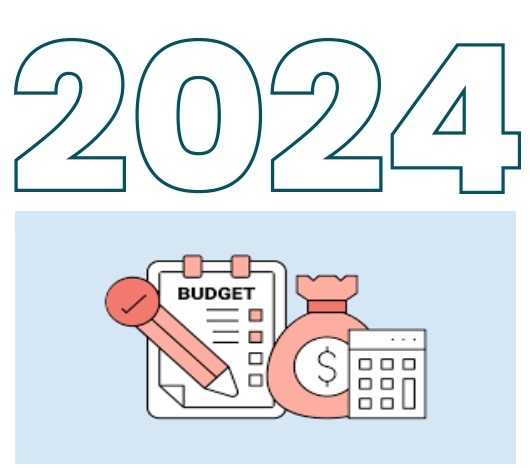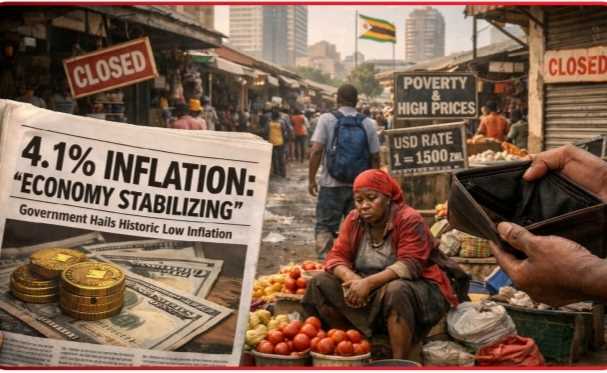
Audrey Galawu
The Elisabeth Valerio-led United Zimbabwe Alliance has said Finance Minister Mthuli Ncube is out of touch with the economic realities, which Zimbabweans are struggling with after reviewing the 2024 National Budget.
UZA said government’s efforts to invest in the maintenance and rehabilitation of infrastructure are duly acknowledged but should not be at the expense of the citizens.
In a statement, UZA said contrary to fostering an environment conducive to attracting business and investment, the budget introduces measures that undermine confidence in the economy.
“We recognise and welcome the prioritisation of financing of infrastructure projects. However, it is imperative to state that such endeavours should never come at the expense of the citizens of Zimbabwe.
“The current budget, as it stands, does not appear to enhance the welfare of the civil service, and discernible benefits for the economically disadvantaged in terms of improved social services are notably absent.
“A wealth tax, in these circumstances, and in a country that purports to be open for business is unreasonable as it may lead to capital flight, and potentially will discourage investment. This is particularly detrimental to the real estate industry a pivotal financial sector crucial for economic recovery,” reads the statement.
UZA also said the country already has a lot of taxes that include, inter alia, Income Tax, Value-Added Tax, CGT, Pay As You Earn, Estate Duty and numerous other levies, hence there is no justification to warrant a capital tax which the party said debatably addresses income levels as alluded to by the Minister, but addresses asset levels irrespective of their income generating status.
“The Minister proposed a wealth tax ostensibly to ensure that every person contributes to the fiscus in line with their level of income by levying 1% of market values of residential property (with a stipulated minimum value).
Related Stories
“This, however, does not effectively and fairly address the disparity in the levels of income at source level which level must be addressed at "income generating" points (as is largely already the case with our tax regime) and not at asset ownership stage, unless such property is income-generating or is disposed of, in which case Capital Gains Tax or Estate Duty are levied respectively.
“A combination of CGT, Estate Duty and property rates already address the Finance Minister’s newly found appetite to tax capital assets. This overburdens taxpayers who are already paying property taxes in the form of rates to their local authorities,” further reads the statement.
In terms of the VAT, the party said the threshold not be decreased for service-oriented companies in particular as doing so would impose an undue burden on these entities, hindering their ability to navigate the challenges of VAT compliance.
“Lowering the threshold risks impeding the growth of small start-ups by subjecting them to VAT obligations, especially because their unique circumstances are such that goods and services purchased for providing taxable supplies or purveyances are typically minimal.
“Conversely, for non-service companies, a reduction in the threshold may be considered without significant concerns.
“This approach allows for flexibility in adapting the VAT registration requirements based on the nature of the business, recognising that service companies may have different capacities to manage VAT compliance, cashflows, liquidity and consequently their going concern status," UZA noted.
The party added that the budget lacks policy positions discouraging imports and promoting domestic goods, which impedes the growth of local industries.
Last week, the Treasury reversed some of the measures introduced in the 2024 National Budget, including the sugar tax and basic commodities, which are exempt from tax.



















Leave Comments